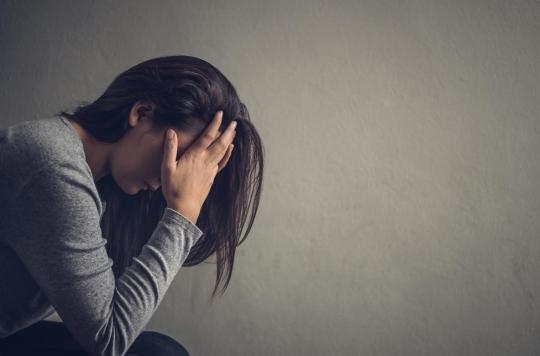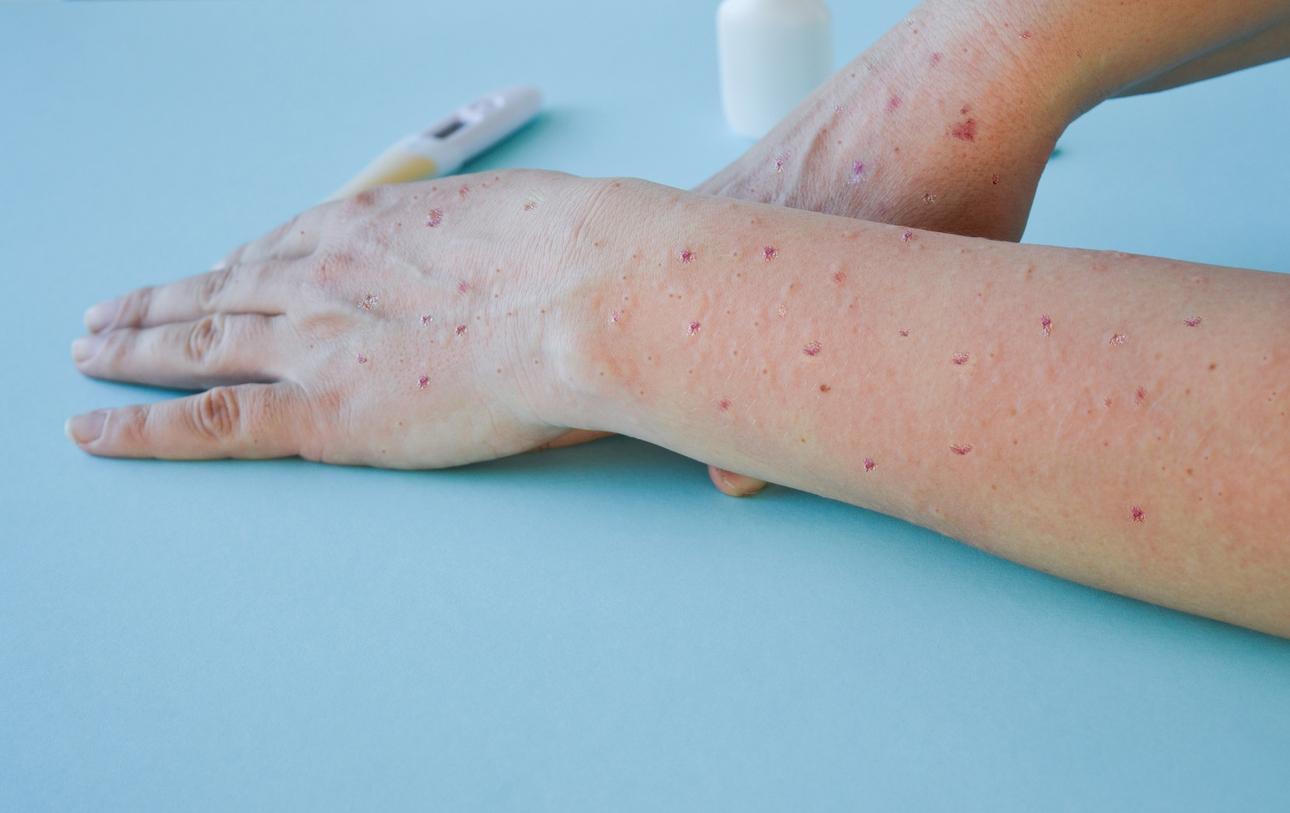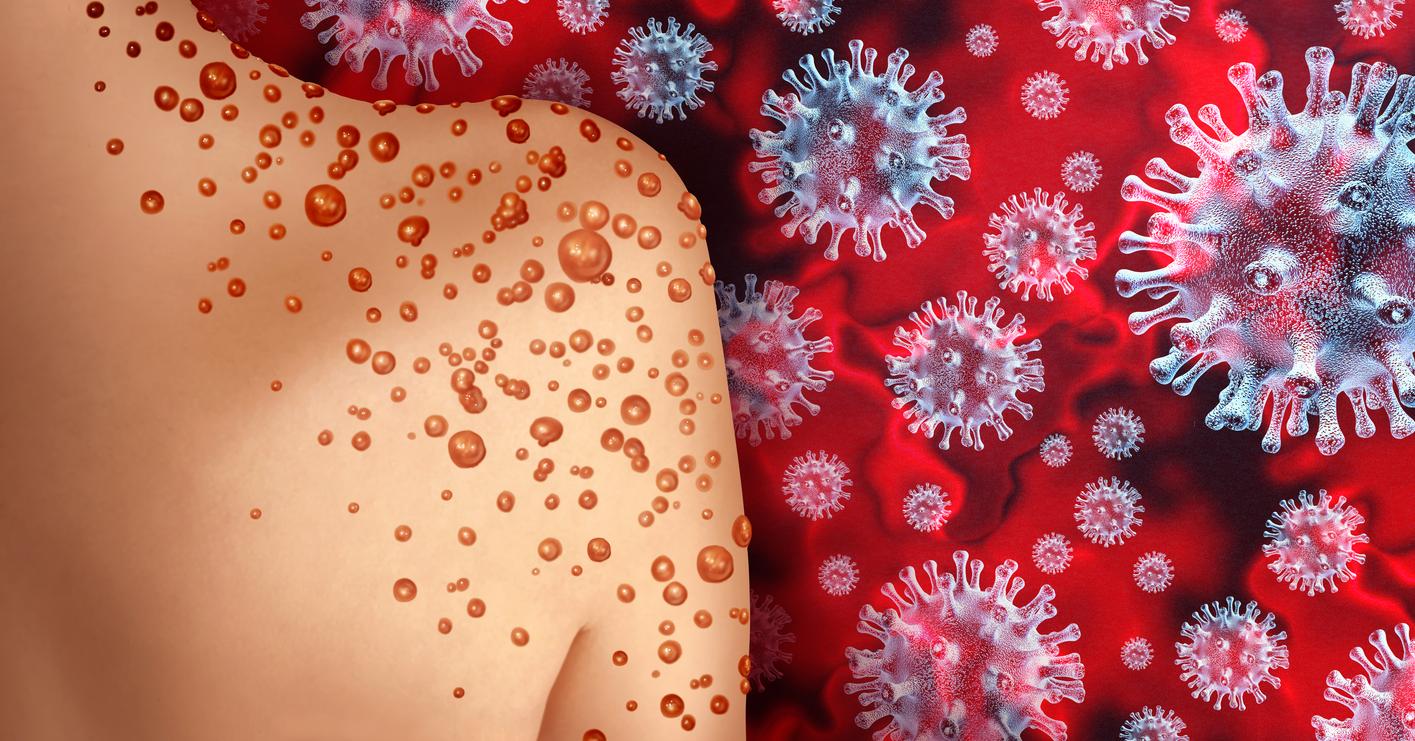According to the WHO (World Health Organization), one in eight people lives with a mental disorder.

Twenty after a first flagship publication on the subject, the WHO is once again sounding the alarm in its new “ World Mental Health Report “, published Friday, June 17.
1 in 8 people suffer from a mental disorder
“Mental health is much more than the absence of pathology: it is an integral part of our individual and collective health and well-being”introduces the director general of the UN health agency, Tedros Adhanom Ghebreyesus, who recalls: “There is no health without mental health. »
In 2019, the year of the survey, some 970 million human beings, with a slight majority of women (52.4%), suffered from a mental disorder (compared to 450 million twenty years ago, out of some 6 billion of souls). A proportion that represents 13% of the world’s population, or nearly one person in eight. The situation is all the more worrying in areas that have experienced conflict over the past ten years, with one in five people affected.
Among the most widespread pangs: anxiety disorders (31% of the total of people suffering from mental problems) and depression (28.9%). People with severe mental disorders (such as bipolar disorder or schizophrenia, which “affects 1 in 200 adults”) die on average “10 to 20 years earlier than the general population”, recalls the WHO. In addition, the report specifies that in 2019, suicides, “one of the leading causes of death among young people”already represented “more than one in 100 deaths”.
Unsurprisingly, Covid-19 has worsened the situation, disrupting mental health services and worsening the treatment gap for mental disorders. The organization thus estimates that the rates of depression and anxiety jumped by 25% during the first year of the pandemic, in 2020. And for good reason, the health crisis has brought its share of complications: stress linked to confinements and measures restrictions, economic and social consequences (loss of employment, financial insecurity, etc.).
Access to care remains very unequal
Lack of care and support for people with mental disorders, “Millions of people around the world suffer in silence, see their human rights violated or are penalized in their daily lives”writes the WHO.
The agency points in particular to the underfunding “systematic” devoted to mental health care, the money being reserved for other health problems. “On average, less than 2% of national healthcare budgets go to mental health […] Nearly half of the world’s population lives in countries where there is barely one psychiatrist for every 200,000 people. »
Many do not even seek help, due to poor quality of services, a lack of knowledge about mental health, but also the stigma and discrimination they face. “The majority of people with mental health conditions simply go untreated”according to the WHO.
It should be noted that the gaps between rich and poor countries remain abysmal. For example, 70% of people with psychoses receive treatment in developed nations, compared to 12% in low-income ones.
There is a need to invest in prevention
In 2013, WHO’s 194 Member States adopted the Comprehensive Mental Health Action Plan 2013–2030, committing them to improving mental health in many ways. Today, the authors of the report plead first and foremost for “appropriate funding”: countries must “expand their specialist staff” mental health, drastically strengthen the “psychiatric skills” health professionals, as well as abandoning the management of severe psychiatric disorders in hospital “for the benefit of community mental health services”.
Similarly, the WHO calls for “each of us improves our abilities and skills to understand and take care of our mental health”but also to “implement school-based programs”. With the ultimate goal of identifying and preventing mental disorders more effectively, and better monitoring and supporting those who are affected. “Individuals, governments, healthcare providers, non-governmental organizations, academics, civil society and other stakeholders, all have a role to play”concludes the WHO.

















